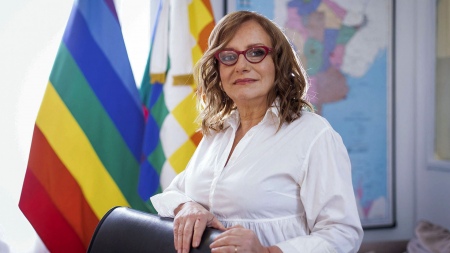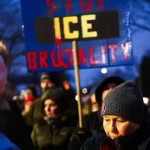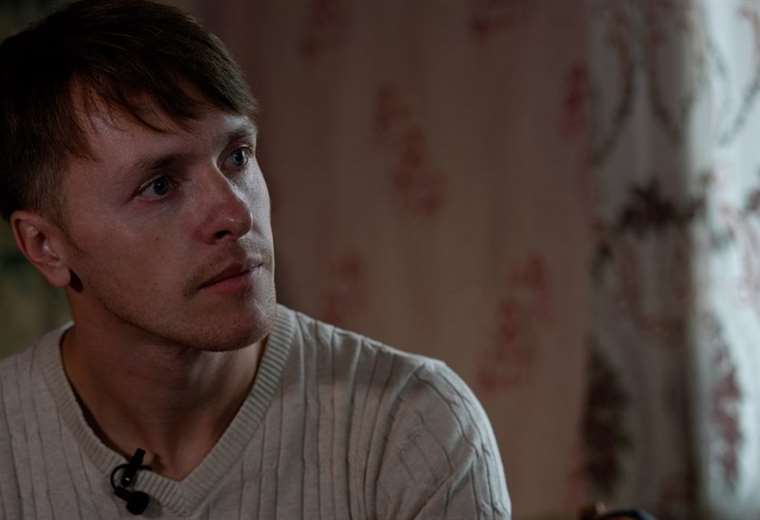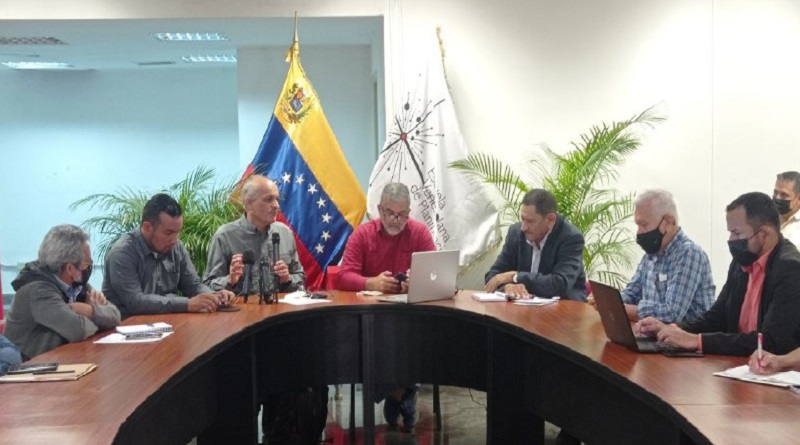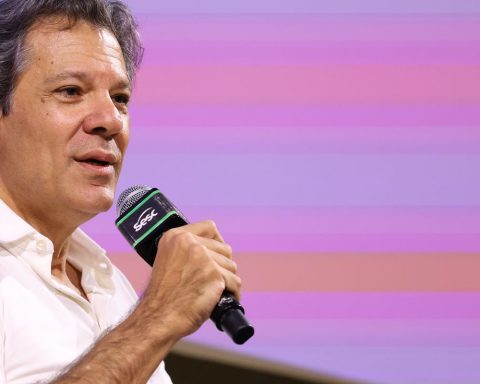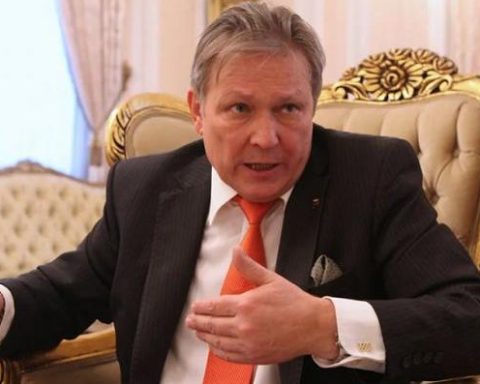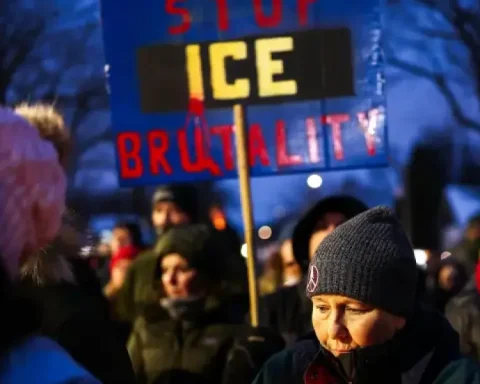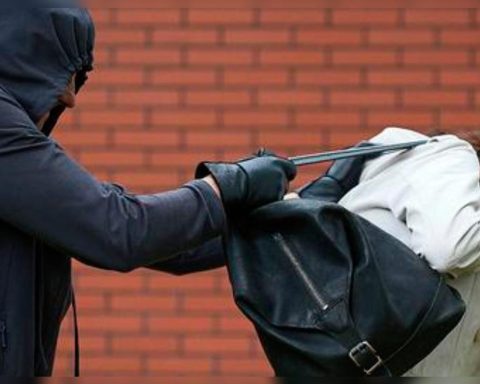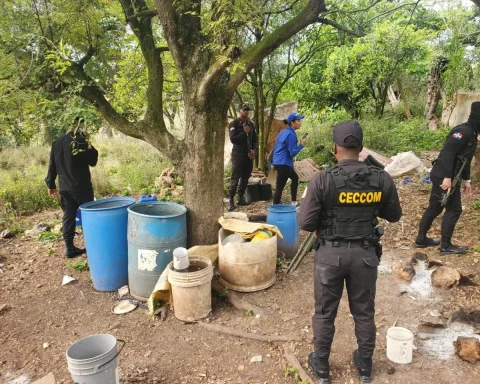“There was a massive attempt to discredit us, very few believed us,” said Miriam Lewin, the journalist who led the investigation of the television program that 20 years ago revealed the abuse of children by the priest and former head of the Felices los Niños Foundation, Julio César Grassi, who is serving a 15-year prison sentence for these crimes.
In dialogue with Télam, Lewin recalled the experience in the investigation that marked a before and after in reports of ecclesiastical abuse after many years of trial, threats, disputes in the media and a strong commitment on the part of the complainants.
Lewin, who had been working since 1997 on the television program Telenoche Investiga, led a year and a half’s work that culminated in the broadcast of October 23, 2002, during which several testimonies from victims and Foundation workers who denounced Grassi’s sexual abuse.
“When the investigation was published, reprisals began from various media related to Grassi, such as Ámbito Financiero or Canal 9, which belonged to Daniel Hadad. There was a massive attempt to discredit Telenoche, very few believed us”Miriam Lewin, journalist
“Everything arose because a colleague from the Diario de Morón told me that there was a complaint of abuse against Grassi that was shelved in Justice. At the same time we began to receive calls to the program’s phone from people who claimed to be witnesses of sexual abuse carried out by him. father. From then on, with my partner Irene Bais, we were 100% dedicated to this investigation,” the journalist said.
Lewin, who took the case to the news program hosted by María Laura Santillán and Juan Miceli, recalled that “Grassi’s figure was pristine at that time; it was inconceivable to us that it was true, but we saw that these people who denounced each other did not know each other, then it began to take shape.”

Grassi was a priest who had acquired great public notoriety when he started the Felices Los Niños Foundation thanks to the 4 million dollar subsidy and the 65-hectare plot of land in the Hurlingham district of Buenos Aires (then Morón) that was ceded to him in 1993 by was Minister of Economy, Domingo Cavallo.
It was common to see the priest on TV programs leading donation campaigns, since he had 17 homes distributed throughout the country through which more than 6,000 girls and boys passed, while he was oiling his connections with political and economic power. of the time.
“The complainants were very afraid to identify themselves, some even created false emails to be able to talk, months passed before they agreed to meet us personally,” Lewin said about the testimonies that narrated how the priest selected minor boys, took them to sleep in his room and isolated them from the other boys of the Foundation to abuse them.
There, the case that stood out was that of Gabriel – a name given to the young man to protect his identity – who told how he had been forced to have sex with the priest in 1998 when he was 15 years old.
“Gabriel had been interviewed and had told us that he had seen how the priest did it to a colleague. When we interviewed him he was homeless and around 19 years old. Six months later he called us again and told us that he was anguished and that he hadn’t told us the truth. That’s when he told us the true story,” he recalled.
“After airing the investigation, we received messages from listeners who, crying, told us that they had been abused in religious institutions. The problem began to be made visible, many people dared not only to tell it publicly but also to go to court.”Miriam Lewin, journalist
Once the investigation spread, both the program and the team of journalists were discredited by various media and suffered lawsuits, while threats and intimidation persecuted witnesses and professionals who worked for the lawsuit.
“When the investigation was published, reprisals began from various media related to Grassi, such as Ámbito Financiero or Canal 9, which belonged to Daniel Hadad. There was a massive attempt to discredit Telenoche, very few believed us,” Lewin assured and recalled how in the court case there was “endless pressure, robbery, pressure and attempted bribery” that made Ezequiel, one of the abused boys, withdraw his initial complaint, although later in the trial he recounted the truth.
In June 2009, the Oral Criminal Court No. 1 of Morón sentenced Grassi to 15 years in prison. for two acts of sexual abuse and aggravated corruption of minors, and his arrest was ordered in the Penitentiary Unit Number 41 of the Campana prison, province of Buenos Aires.
“After putting the investigation on the air, we received messages from listeners who, crying, told us that they had been abused in religious institutions. The problem began to be made visible, many people dared not only to tell it publicly but to go to court,” he said. Lewin, who currently serves as Public Defender of Audiovisual Communication Services.
“For me it was a turning point in my career, it was a long commitment to this cause”said the journalist, whose investigation was quoted at the end of the American film “Spotlight” of 2015, which tells how journalists from The Boston Globe newspaper denounced cases of abuse of priests in the state of Massachusetts.
-
Specialized attention on the rights of children and adolescents
- By free and confidential call to Line 102.
- If you are a victim of family or sexual violence, call the Line 137.
- If you can’t communicate look for the childhood areas of your province.
